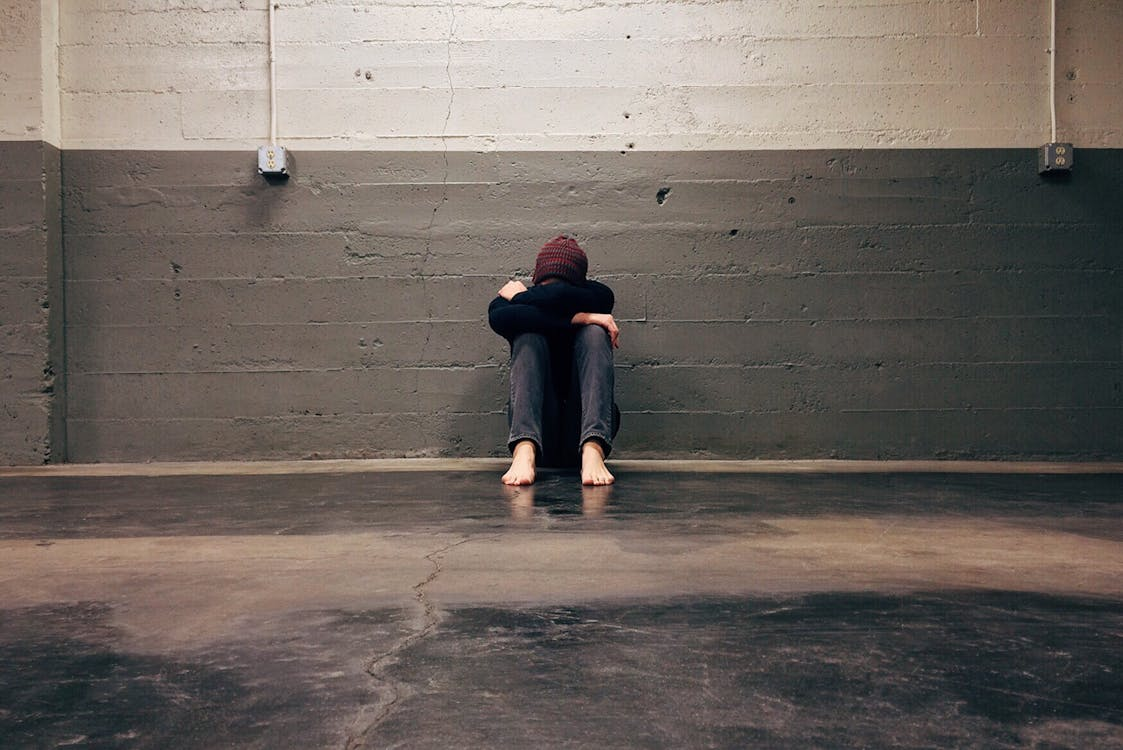Incontinence is a prevalent condition that affects many people globally. Both fecal and urinary incontinence exist, although urinary is the most common, affecting more than 200 million people worldwide.
Usually, people with this condition experience challenges with their bowel movements. Sometimes, they may be urged to urinate, but the urine comes out before reaching the toilet. As a result, it can be challenging to socialize with people because of the fear of involuntary bladder control.
This fear can sometimes bring mental health issues, such as depression and anxiety. It can also affect one’s ability to interact with one's peers.
In this guide, we discuss the link between incontinence and mental health and how we can control it. Read on.
How Incontinence Affects Mental Health?
One of the main ways in which incontinence affects mental health is through uneasiness.
When you have little or no control over your bowel movements, you may be in constant fear of accidents, mainly when amidst people. That uneasiness can affect you, making socializing or interacting with other people hard.
However, you can reduce the awkwardness by using incontinence products, such asSuperio wellness briefs. They are skin-friendly, odorless, and highly absorbent, offering maximum protection when worn.
When used with other products, one can avoid discomfort and maintain one's mental health. Here are other possible reasons for how incontinence affects one's mental health.
1. Stress

Stress is another common mental issue that affects people with incontinence.
Usually, the stress comes from the discomfort you experience when you have incontinence. If the condition is severe, you may be unable to attend social tethering, family events and even professional meetings because you are stressed.
That constant discomfort may be overwhelming and can dramatically affect one's mental health.
2. Depression
Depression is caused by too much stress. For people with incontinence, depression happens when you feel different from other people. This is a significant mental health challenge that can affect one's joy and affect one's once-happy life.
3. Relationship Issues

It’s possible to experience struggles or strains in your relationship when you experience incontinence. This problem mostly happens when your partner doesn’t understand you or starts to isolate you. Even if your partner doesn’t have an issue, intimacy may be reduced in the subject, and there could be feelings of guilt, frustration, or even anger. In most cases, relationship strains may easily affect one's mental health.
4. Dependence
Most people, especially adults, are used to living an independent life. They can accomplish most things independently, from dressing to their daily chores.
Incontinence often brings some form of dependence because you need a caregiver. You may feel like your privacy is being intruded, and you no longer have the freedom you used to enjoy. That feeling of success can affect your mental health.
5. Reduce Self Esteem
Incontinence can greatly affect one's self-confidence and esteem. This change mostly starts when one has to wear protective garments. One may feel like they are unworthy or that they don’t fit into society well. Reduced self-esteem can lead to mental health issues.
Signs of Mental Health Illness to People with Incontinence
The above mental challenges happen gradually, and the victims may never know they have a problem unless they show the signs.
Here are the most common signs that a person with incontinence is undergoing a mental health illness or challenge that needs immediate action.
- Fear or intimacy in a relationship
- Isolation- withdrawing from social gatherings
- Changes in everyday eating habits
- Increased use of alcohol and other addictive substances
- Thoughts of self-harm or suicide
- Weight loss
- Reduced self-confidence
- Poor sleeping patterns or interrupted sleep
- Persistent sadness
- Sudden concentration issues
There are many signs, but the above are the most common ones. Be sure to seek help immediately when you experience them or take your dear one to a specialist if you notice any of the signs in them.
Solutions to Mental Health Issues Caused by Incontinence

Here are helpful solutions for people experiencing mental health challenges due to incontinence
- Professional Support: Therapy, counseling, and psychiatric support can help manage the stress caused by incontinence. One can also join support groups for people experiencing a similar problem for help and emotional support.
- Treatment: Incontinence can be treated with medications and even surgery in extreme cases. If you have incontinence, visit a healthcare provider for medical assistance.
- Management: Some products, such as diapers and booster pads, make managing incontinence easy. These products increase one's confidence and ability to interact with others.
- Lifestyle Changes: Diet changes or water drinking habits can help manage incontinence and reduce mental health issues. Moreover, exercise and reducing stress can also help promote comfort with incontinence, thus reducing the mental challenges caused by incontinence.
- Realistic goals: You should be patient with yourself when you have incontinence and set realistic goals. The healing process takes time, and you shouldn’t compare yourself with others. That way, you may start to heal and enjoy better mental health.
Conclusion
The link between incontinence and mental health is mainly caused by stress, embarrassment, and the trauma that the condition brings. The victims may also isolate themselves and suffer depression.
Thankfully, the mental challenges are easy to notice and manage with counseling, treatment, and lifestyle changes.